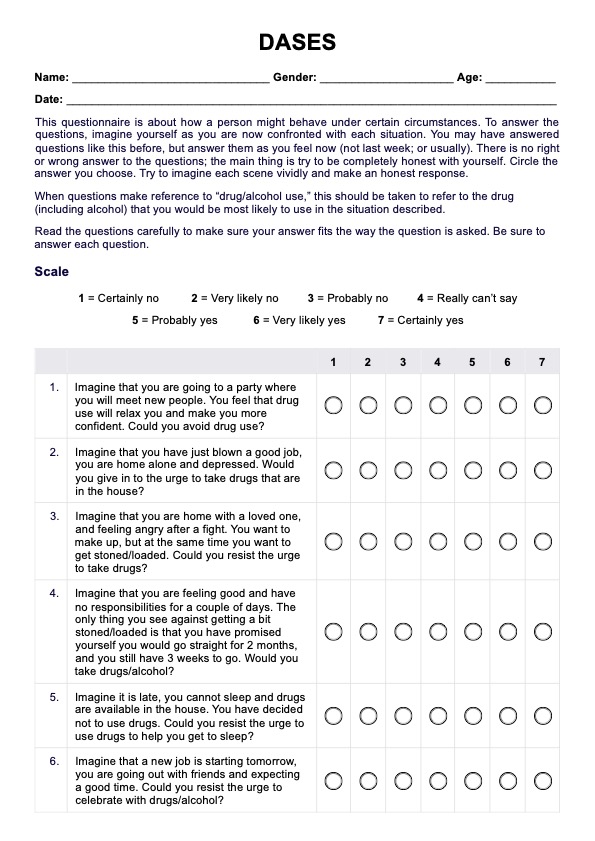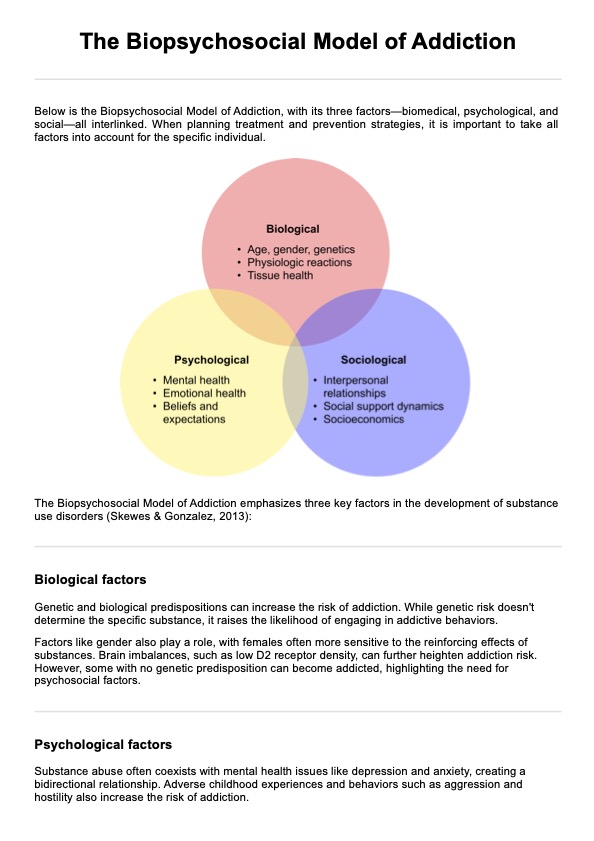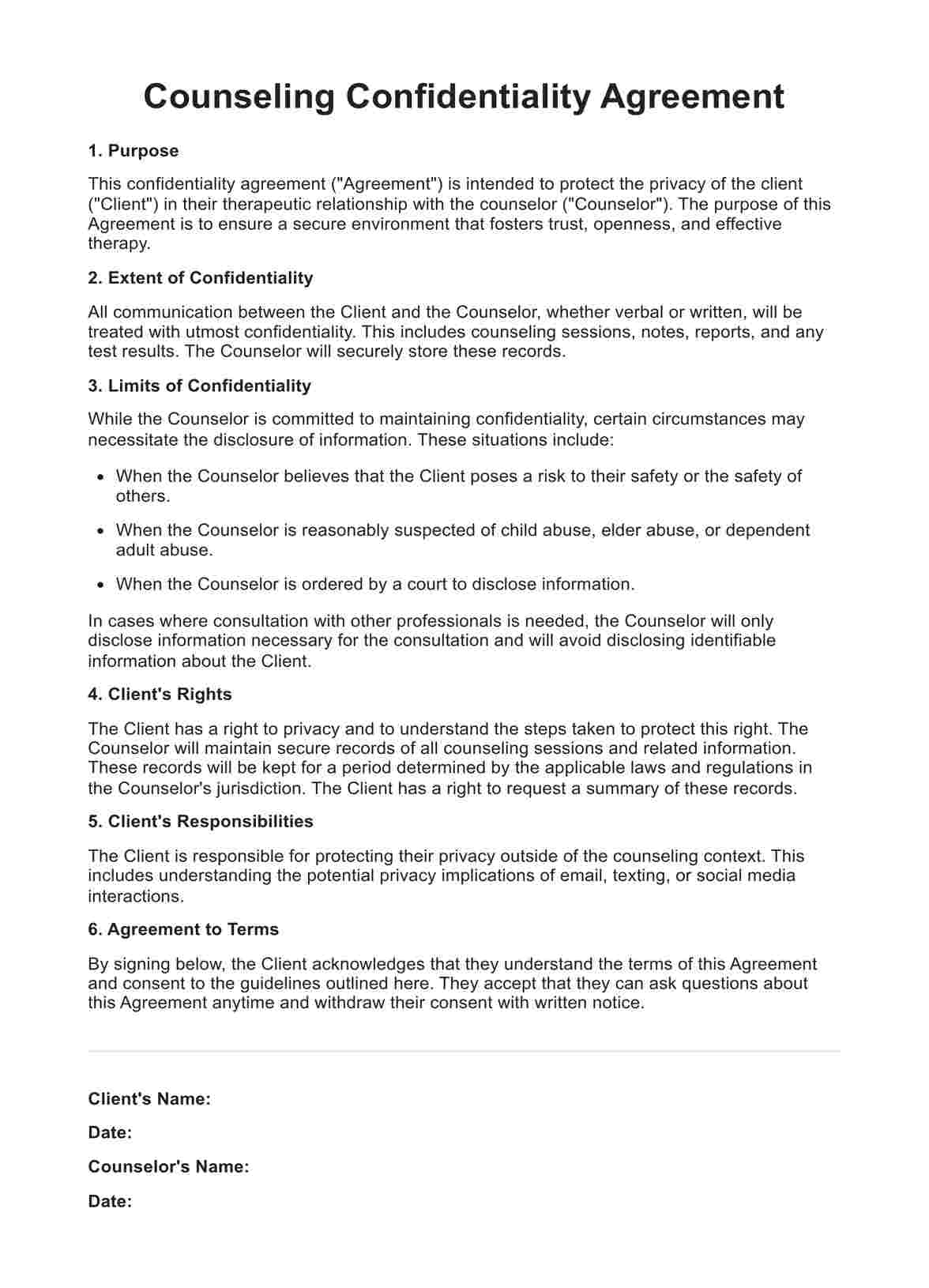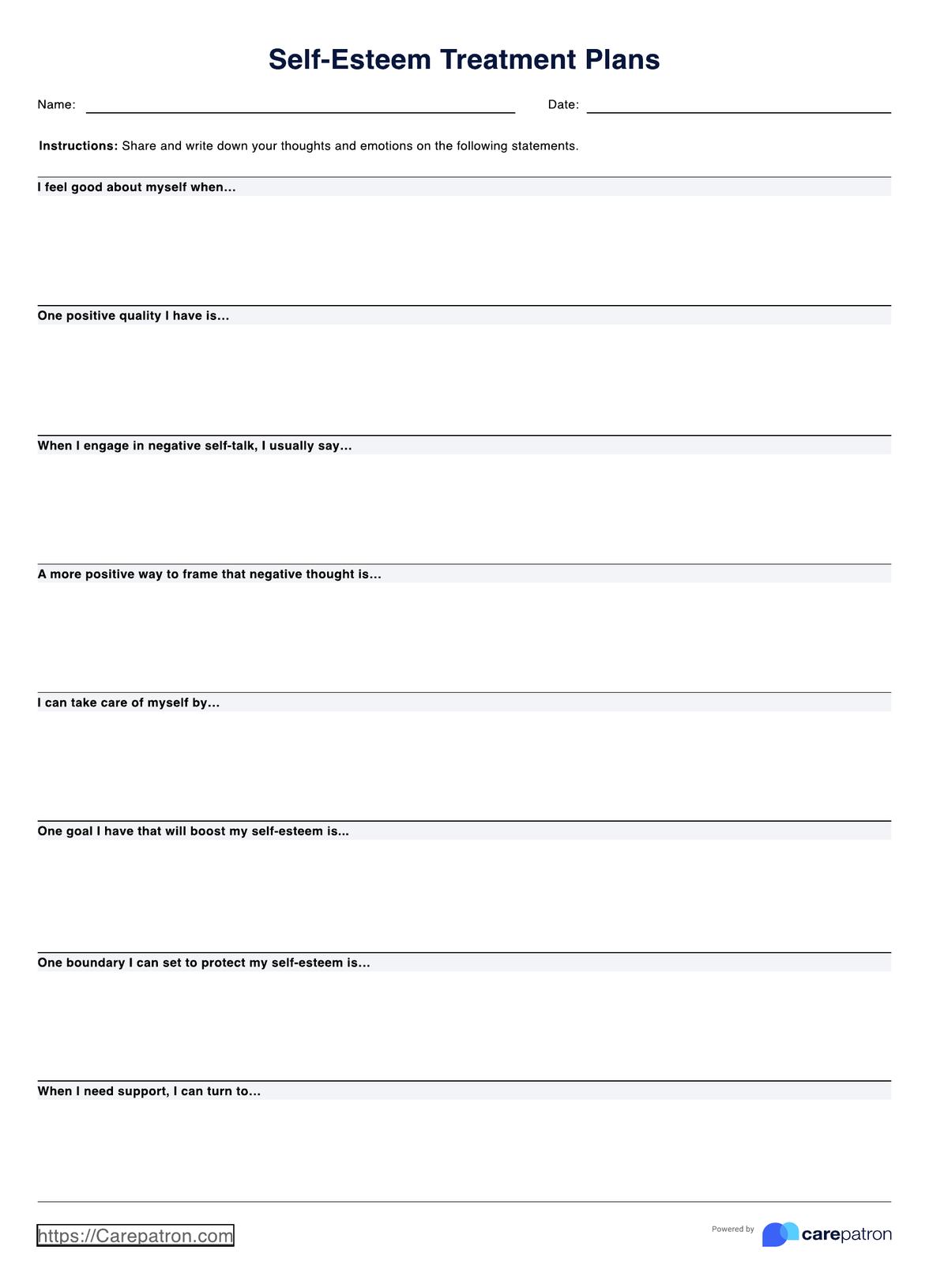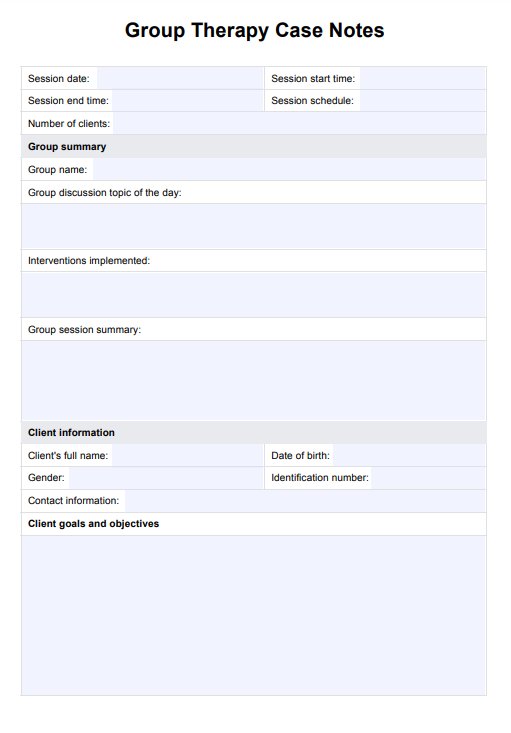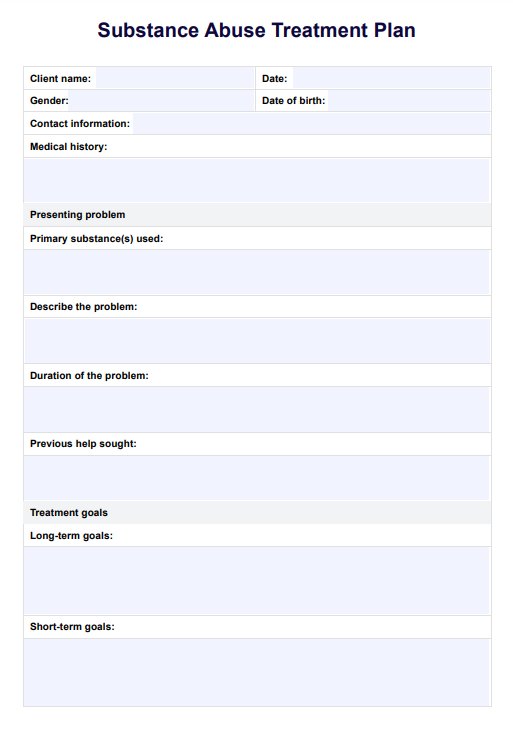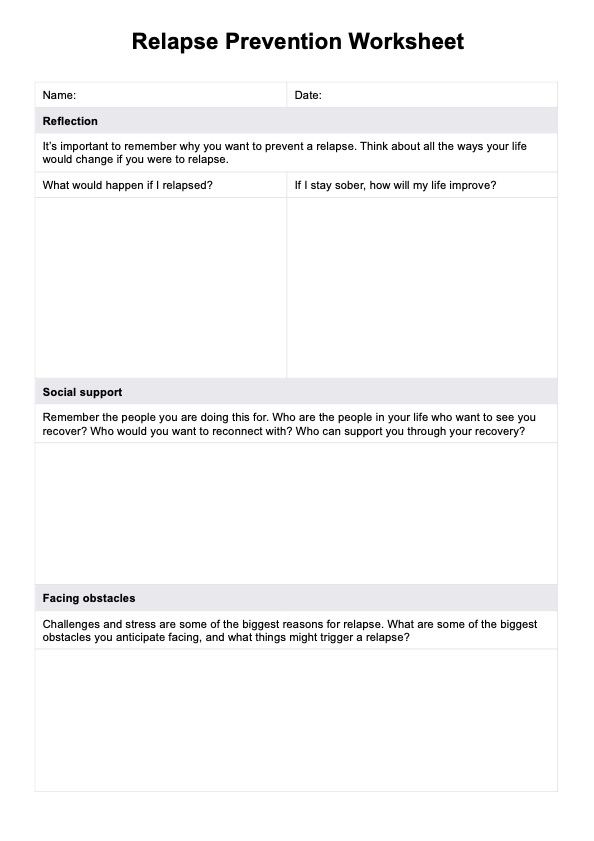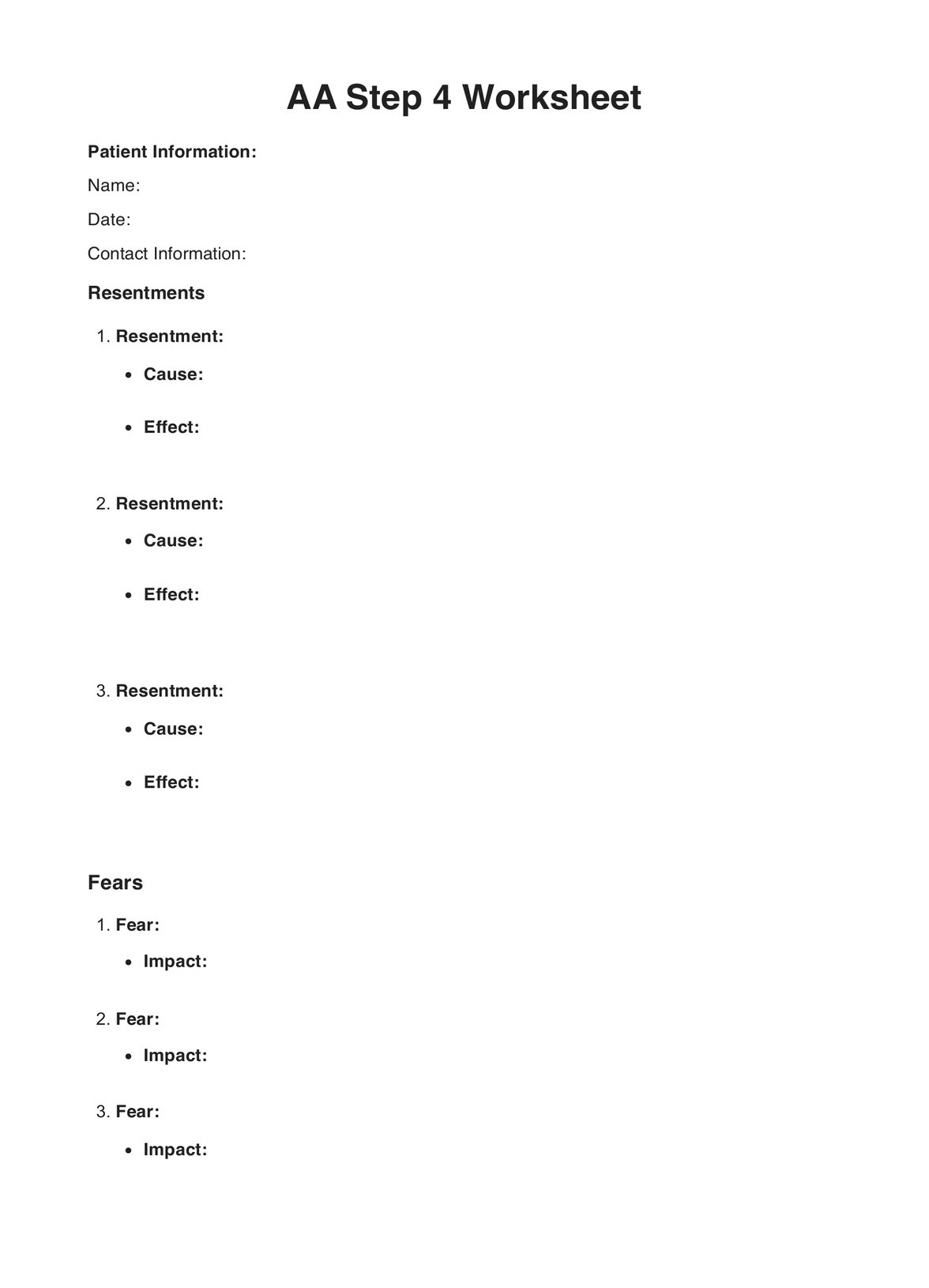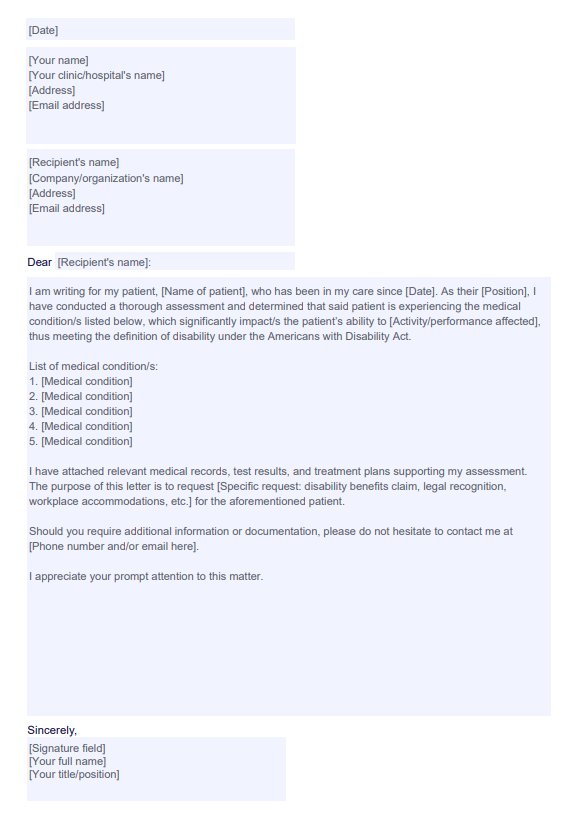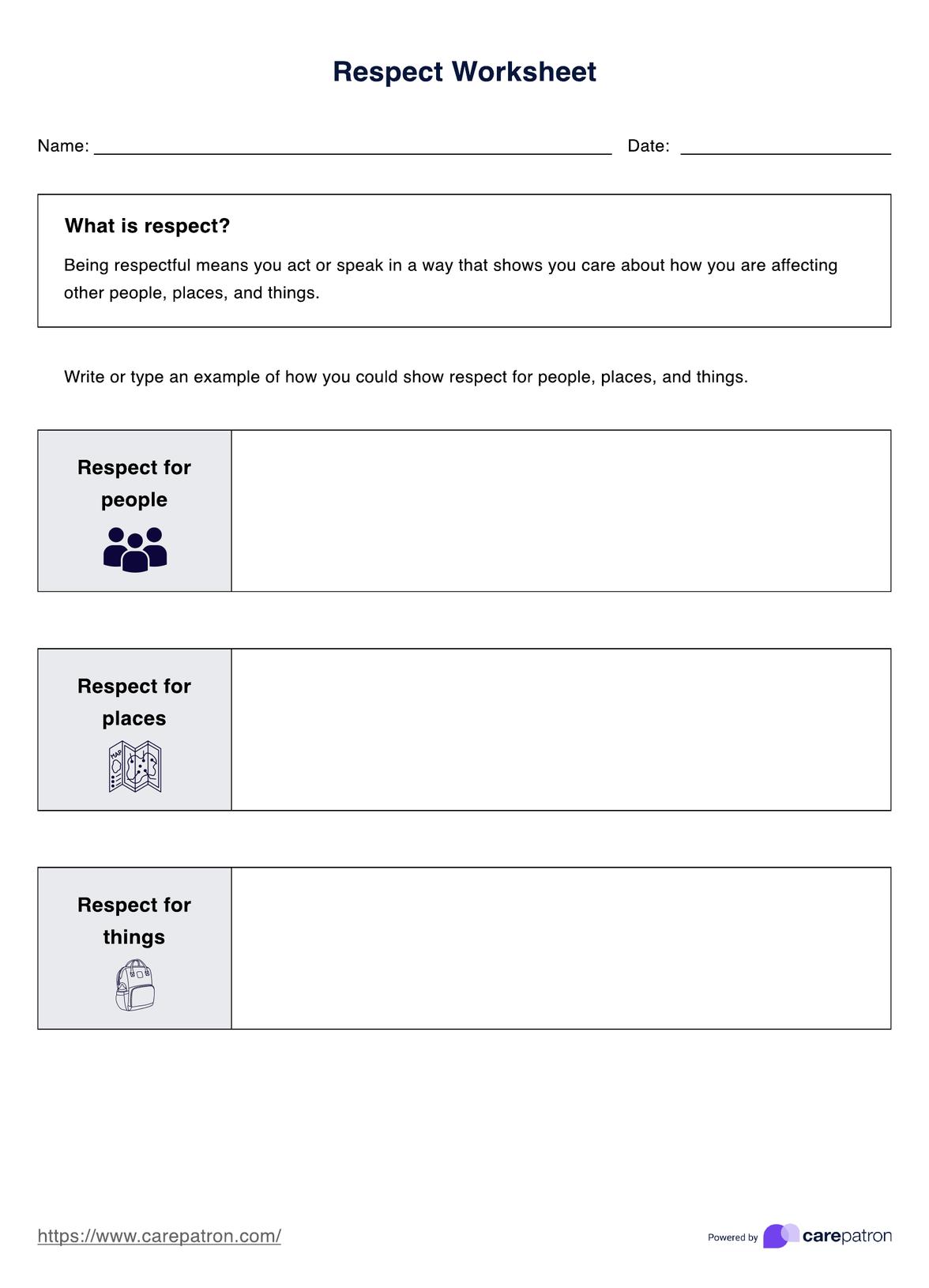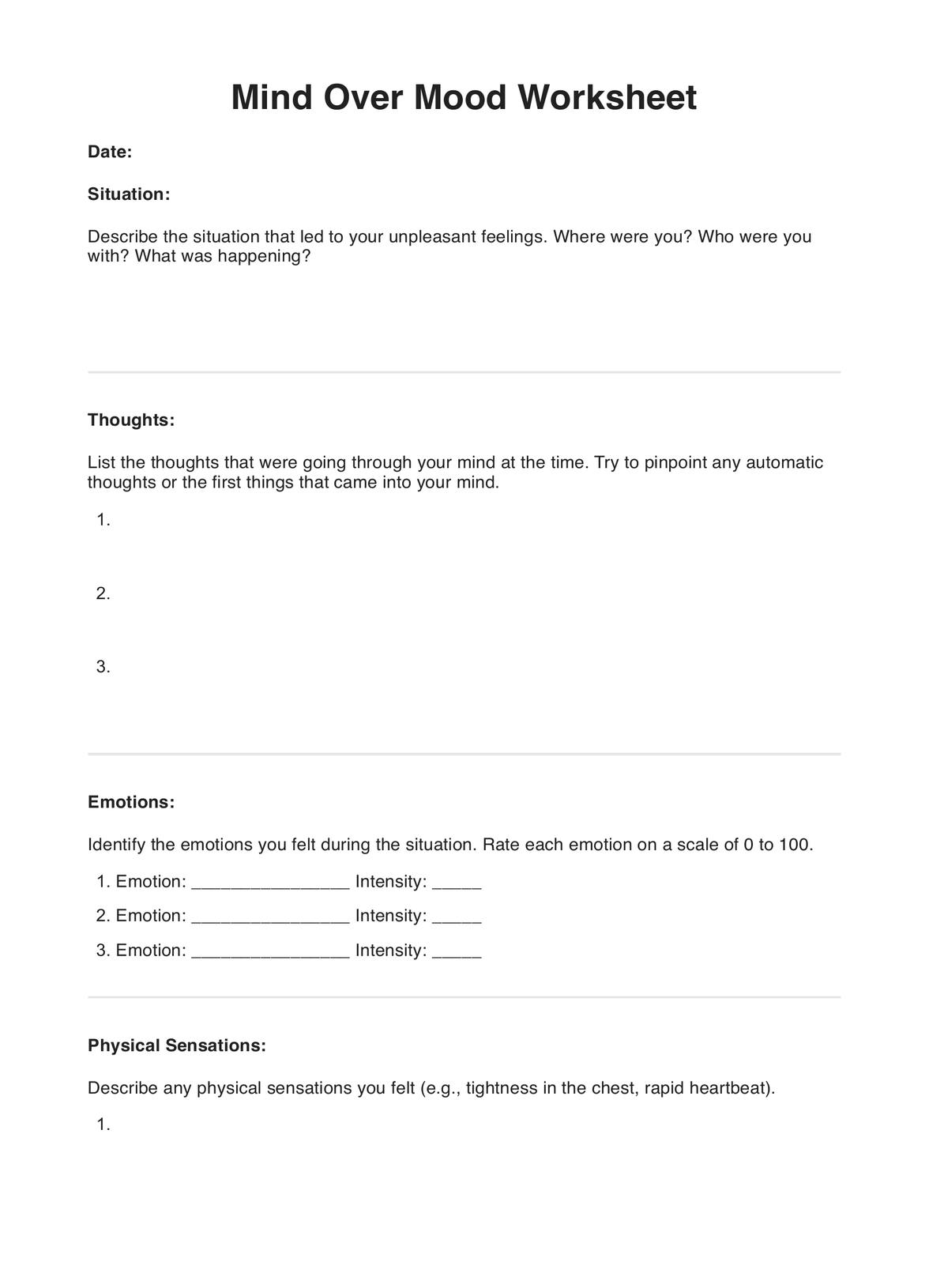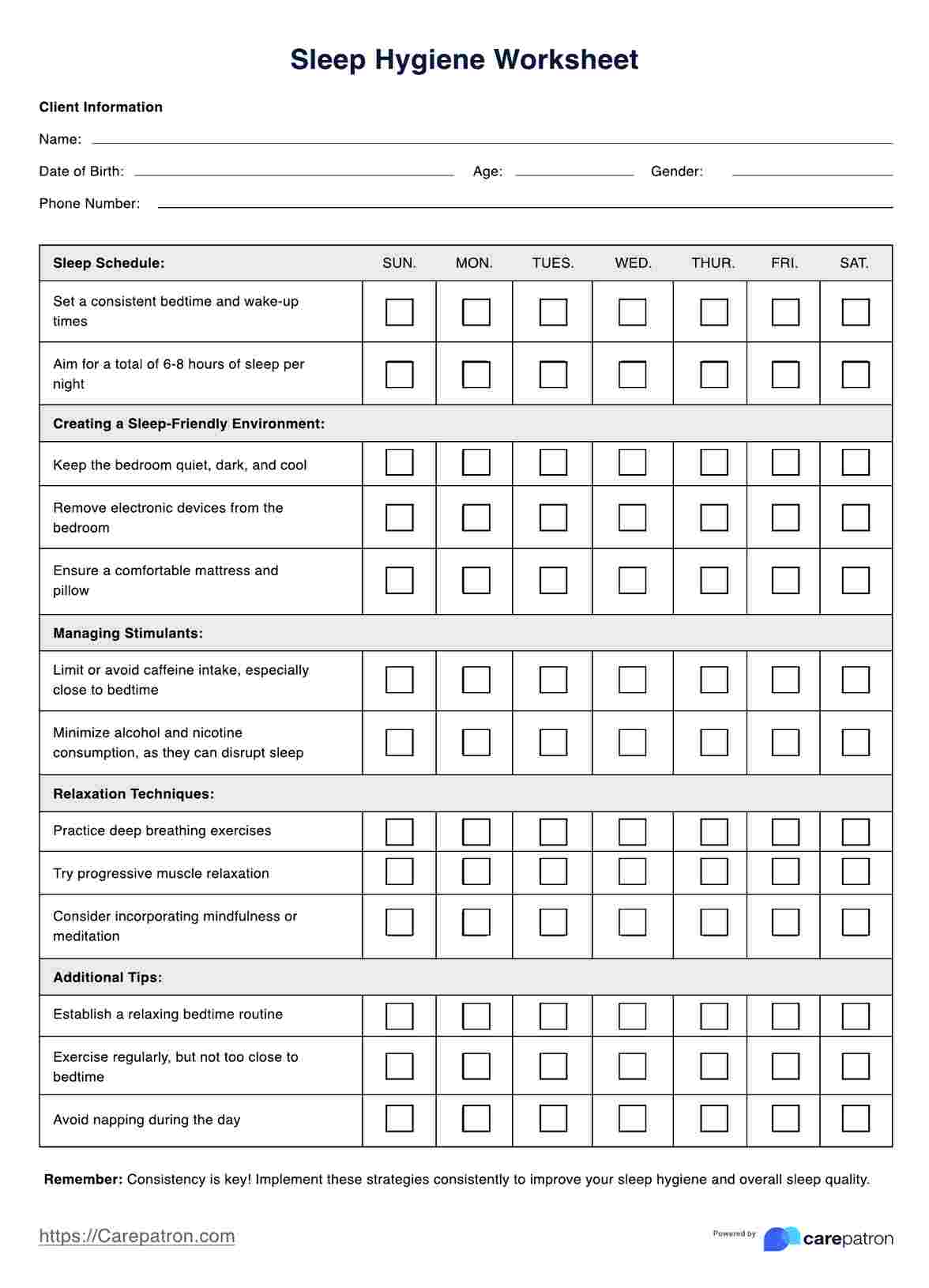Character Defects Worksheets
Address negative traits and behaviors with our Character Defects Worksheets templates. Start your clients on their personal growth journey today.


What is a Character Defects Worksheet?
Human beings are prone to developing character flaws, but this doesn't mean change is impossible. Proper programs, exercises, and interventions can improve these flaws, fostering personal development and growth.
A Character Defects Worksheet, also called a character defects list, facilitates self-awareness, personal growth, and recovery, particularly within addiction treatment and therapeutic practices. It is a guided self-assessment exercise that allows individuals to identify and address negative personality traits or character defects that may impede their progress.
Furthermore, the worksheet guides individuals through systematically examining each character defect, prompting them to delve into underlying causes and consequences. This step is crucial for understanding the root causes of negative behaviors and thought patterns, laying the groundwork for meaningful and lasting change in one's life.
The Character Defects Worksheet is also connected to the sixth step of the AA 12-step program, which asks individuals to become "entirely ready" to have their defects of character removed after completing a fearless moral inventory. This step is vital in addressing character faults and building a path toward recovery.
Character Defects Worksheets Template
Character Defects Worksheets Example
How to use the Character Defects Worksheet template
Embarking on the journey of self-reflection through the Character Defects Worksheet requires deliberate intention. Begin by carving out dedicated time and creating a safe, quiet space for introspection. Familiarize yourself with the worksheet by following these steps:
Step 1: Access the template
Click the "Use template" button to open the Character Defects Worksheet in the Carepatron app, where you can fill it out digitally, customize it, or share it. You may also click "Download" to access a non-customizable PDF version.
Step 2: Administer the worksheet
Begin by introducing the worksheet to your client, explaining its purpose and how it will help them identify and address their character defects. Walk them through the questions to ensure they understand each section.
Step 3: Patient self-reflection
Depending on the patient's comfort level, they may complete the worksheet independently or with your guidance. Encourage them to reflect deeply on each question and respond honestly.
Step 4: Discuss the responses
After completing the worksheet, review the patient’s answers together. Use this time to discuss potential actions they can take to work on each defect and how it may have affected their relationships and overall well-being.
Step 5: Develop an action plan
Collaboratively create an action plan with specific steps to overcome or improve identified character defects. Be sure to include tracking methods and offer guidance on any resources or support the patient might need.
When to use the Character Defects Worksheets template
Character Defects Worksheets are versatile tools commonly employed in addiction recovery and mental health therapy. Understanding when and how to use them is crucial for practitioners to support individuals on their journey to self-improvement and recovery.
Here's a list of scenarios where using a Character Defects Worksheet is particularly appropriate:
- Addiction recovery programs: In the context of 12-step programs like Alcoholics Anonymous (AA) or Narcotics Anonymous (NA), these worksheets are a cornerstone. They help participants identify and work on character defects that often underlie addiction.
- Individual counseling: Therapists and counselors can use these worksheets in one-on-one sessions to facilitate introspection and self-awareness for exploring personal challenges.
- Group therapy: In support groups, participants can share and learn from one another's experiences while addressing common character defects.
- Relapse prevention: Practitioners can use these worksheets as part of a relapse prevention plan. Identifying and addressing character defects can reduce the risk of relapse.
- Anger management: In anger management programs, these worksheets help individuals recognize and manage anger as a character defect, leading to healthier responses to frustration and stress.
- Family counseling: Family therapists may incorporate Character Defects Worksheets to help family members understand how certain character defects have impacted relationships and to work on improving family dynamics.
- Self-improvement workshops: Beyond clinical settings, life coaches and personal development facilitators can use these worksheets to guide individuals in their pursuit of self-improvement and personal growth.
- Holistic healing practices: Practitioners in holistic healing, such as mindfulness and meditation instructors, can use these worksheets to complement their practices by fostering self-awareness.
Understanding the appropriate contexts for using Character Defect Worksheets empowers practitioners to effectively support individuals in addressing negative traits, behaviors, and thought patterns.
Benefits of using the Character Defects Worksheet
Utilizing the Character Defects Worksheet in healthcare practice can bring numerous benefits, especially in mental health, counseling, and addiction treatment. Here are some key advantages:
Fosters self-awareness and insight
Using the worksheet allows individuals to take a closer look at all these defects, promoting a deeper understanding of their behavior and motivations. This self-awareness is often the first step in facilitating significant change.
Promotes a structured approach to personal growth
The Character Defects Worksheet offers a structured framework for healthcare practitioners to guide clients in identifying, analyzing, and addressing their flaws, leading to focused and intentional self-improvement.
Encourages accountability
The action plan section of the worksheet encourages patients to take responsibility for their progress, making it easier for healthcare professionals to track their development and offer support as needed.
Integrates easily into therapy
The worksheet is highly adaptable to individual or group counseling sessions, seamlessly integrating into existing treatment plans or addiction recovery programs. It provides valuable insights into a patient's journey.
Commonly asked questions
In addiction treatment programs, particularly Alcoholics Anonymous (AA), character defects refer to the personal flaws or negative traits that contribute to destructive behaviors. Addressing these defects is part of the 12-step recovery process.
You can identify defects of character through self-reflection, feedback from others, or structured tools like the Character Defects Worksheet. These methods help highlight areas where negative behaviors or traits are affecting your life.
Examples of character defects include egotism, self-condemnation, and dishonesty. Egotism may manifest as an inflated sense of self-importance, self-condemnation involves excessive self-criticism and guilt, and dishonesty can damage trust in relationships and hinder personal growth.


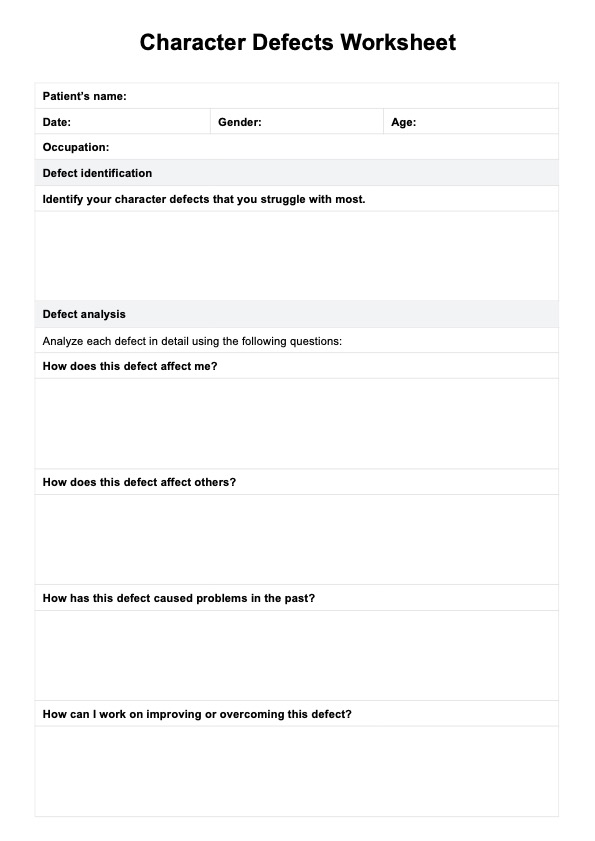
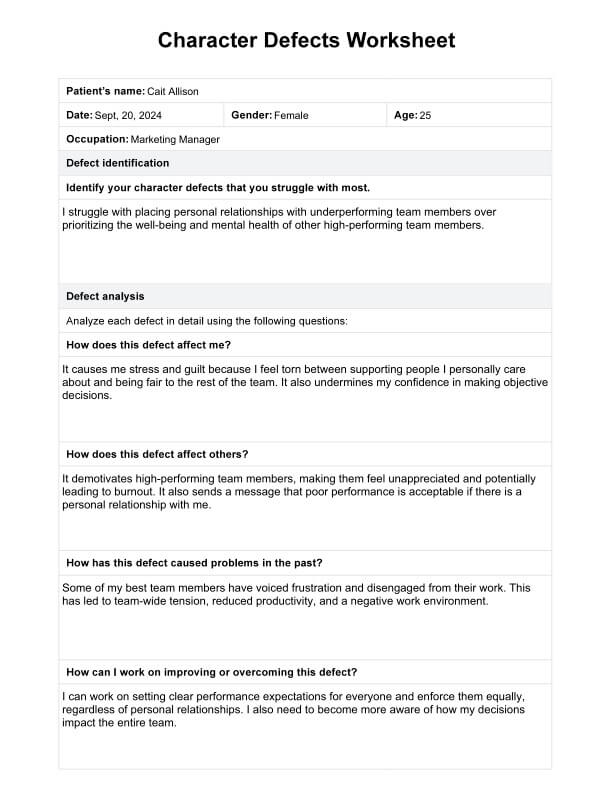

















-template.jpg)



